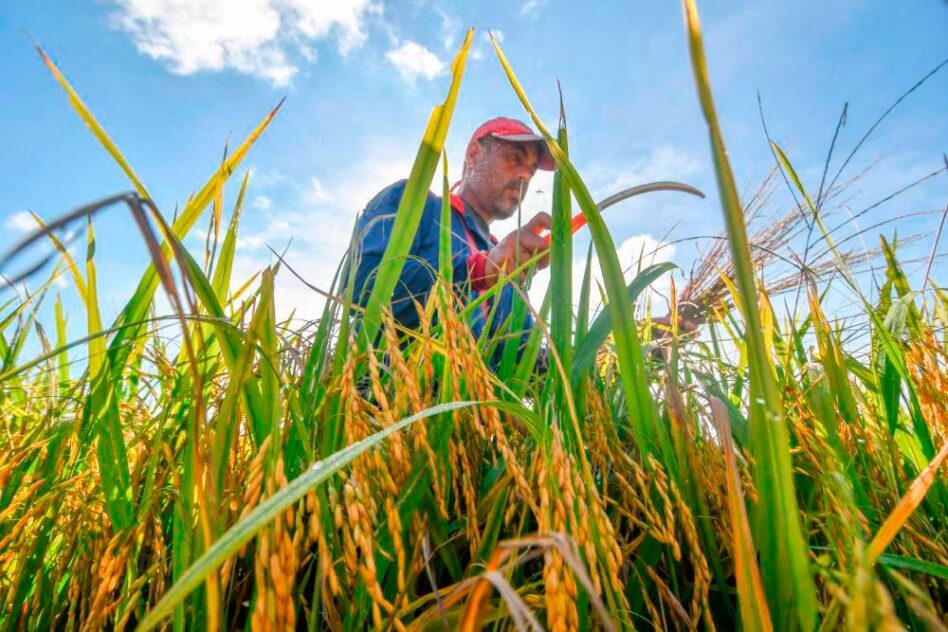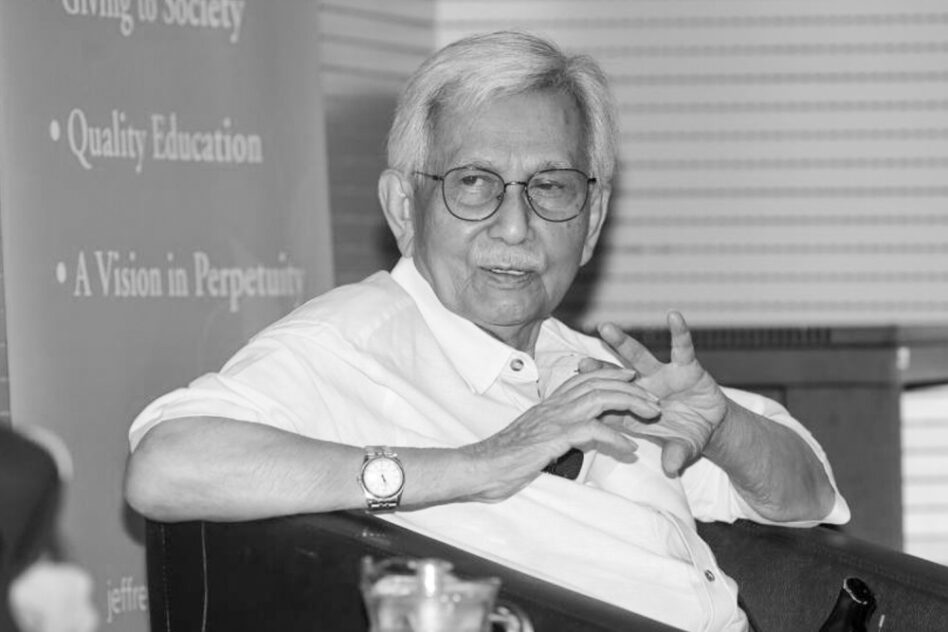THE recent Acacia Diana stalking case has drawn attention to the critical need for a survivor-centric approach and legal reforms in addressing the escalating issue of stalking in Malaysia, according to the Malaysian non-governmental organisation (NGO) Women’s Aid Organisation (WAO).
WAO has been closely monitoring the case and acknowledged the government’s commitment to investigating stalking cases under Section 507A and called for a survivor-centric approach within the legal framework.
The trial marked a pivotal moment in the legal system’s response to stalking, noting the gravity and complexity of such incidents.
Over a span of five months, the investigation unfolded a disturbing narrative: the perpetrator, utilising multiple online accounts and aliases, relentlessly harassed the victim for eight years. The charges included sending sexually explicit videos and even following the victim to the UK.
“While the specifics of this case may have certain nuances, the broader message to the public and survivors is that stalking is unequivocally a crime and that stalkers can be prosecuted,” stated WAO.
While the outcome did not result in imprisonment for the stalker, the decision to institutionalise him through Section 308 of the Penal Code and Section 84 of the CPC signifies a commitment to holding perpetrators accountable and sends a strong message of deterrence to potential stalkers.
Moreover, the NGO stressed the need for a deeper understanding of stalking within the legal fraternity and authorities.
“This case is not the only incident as many survivors of stalking have taken to social media to report their experiences including those of continuous stalking and whose stalkers are anonymous especially with the increasing prevalence of such cases as seen on social media platforms,” it added.
According to WAO, the burden of proof in stalking cases as evidenced by Acacia’s experience poses a significant challenge for survivors, particularly when dealing with anonymous perpetrators.
“One-third of Malaysians have experienced stalking, with more than half having experienced acts of stalking by strangers and acquaintances. More than 90% of them were women, representing a striking majority.
“In order to ensure the anti-stalking laws are truly effective in protecting survivors, access to justice processes must be survivor-centric,” it further added.
WAO calls for ongoing nationwide awareness campaigns reflecting survivors’ lived realities, adequate training for relevant agencies and publicly accessible information on reporting stalking including protection order processes.
Furthermore, WAO noted the imperative for mental health support for survivors, given the obsessive and delusional behaviour often associated with stalking.
To ensure the effectiveness of anti-stalking laws, WAO urged the following:
1. Ongoing nationwide awareness campaigns reflecting survivors’ experiences.
2. Adequate training for all relevant agencies to recognise stalking as a serious violation.
3. Publicly accessible information on reporting stalking, including protection order processes.
4. Provision of protection orders extending beyond investigation and trial. – Jan 25, 2023
Main photo credit: WAO









